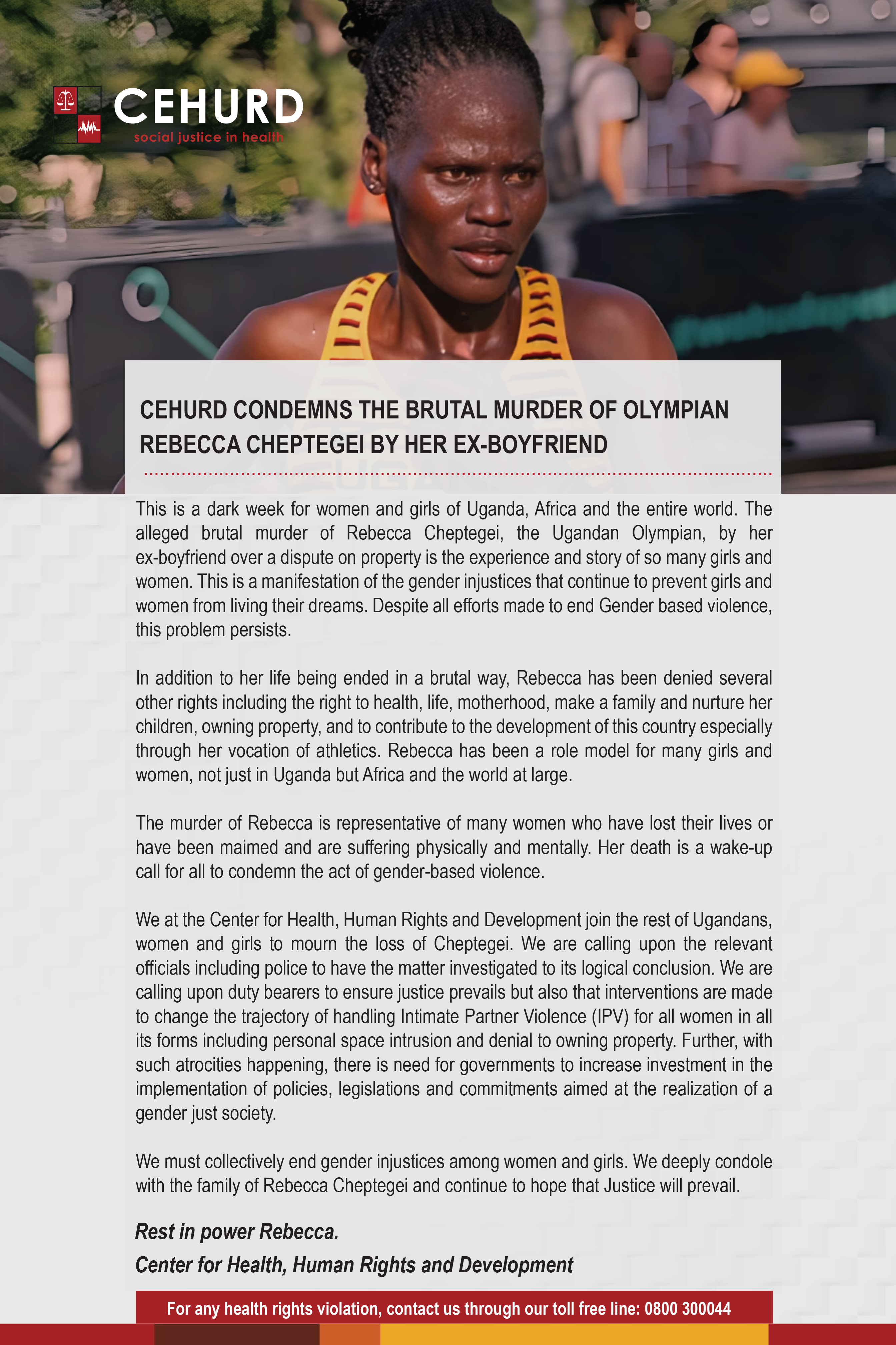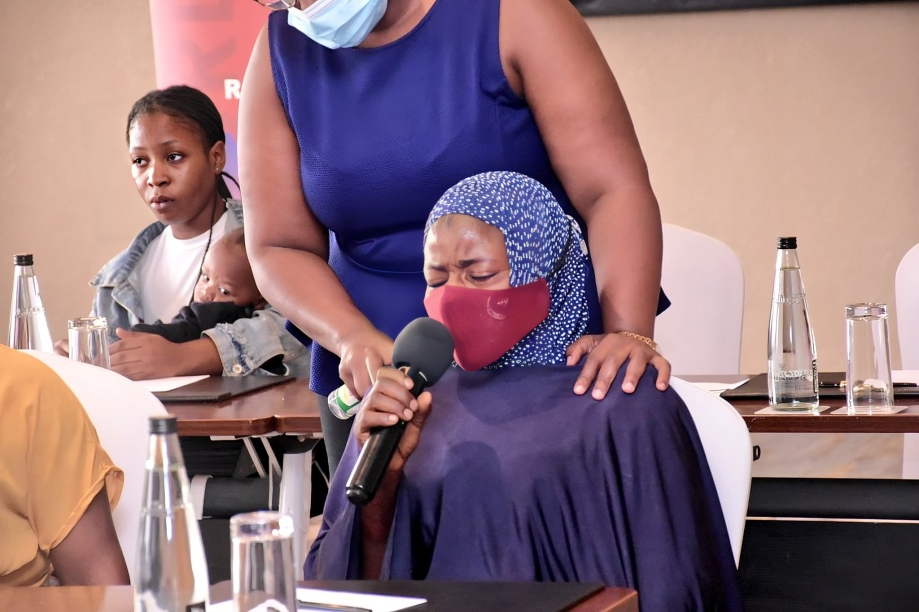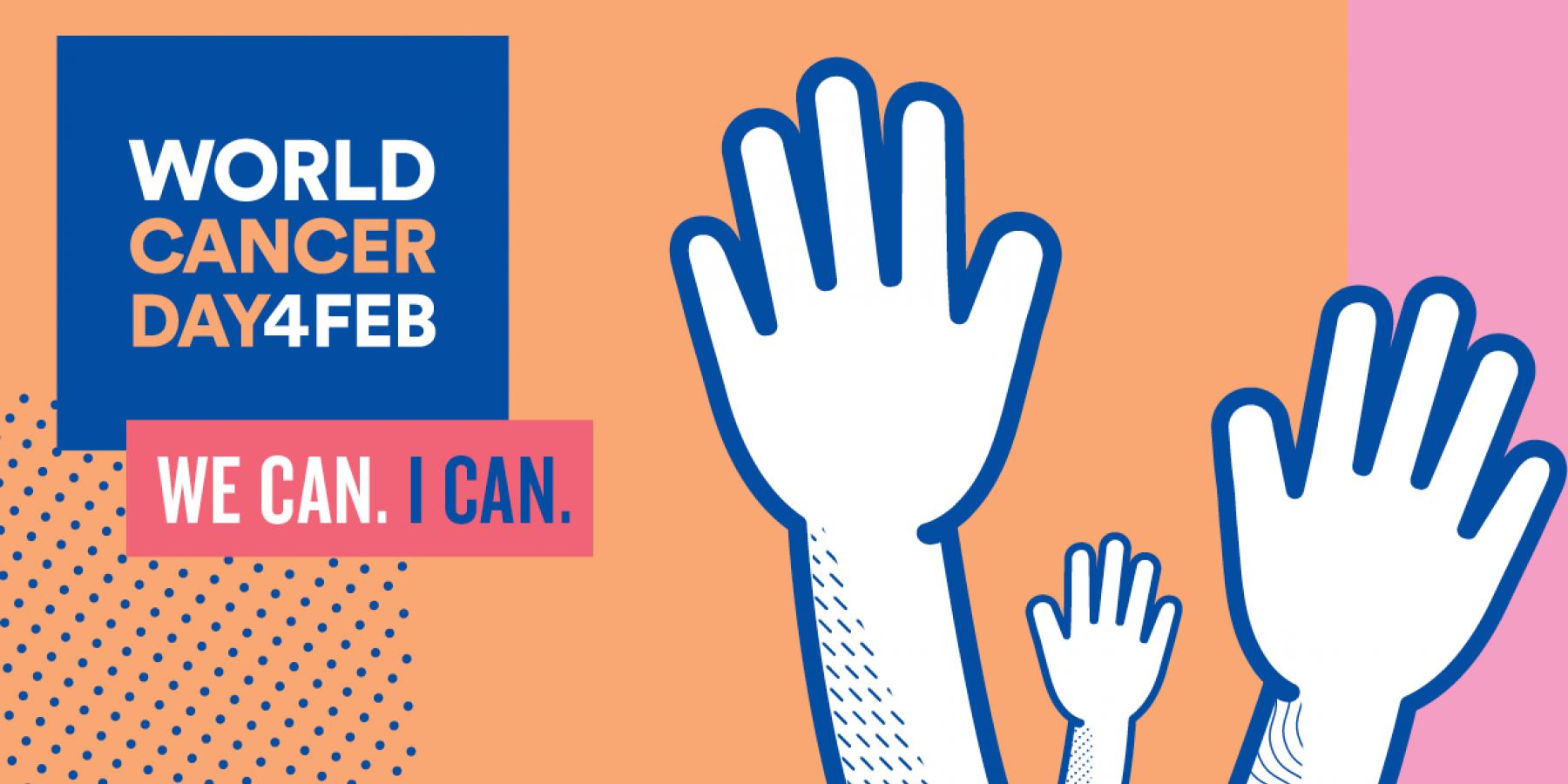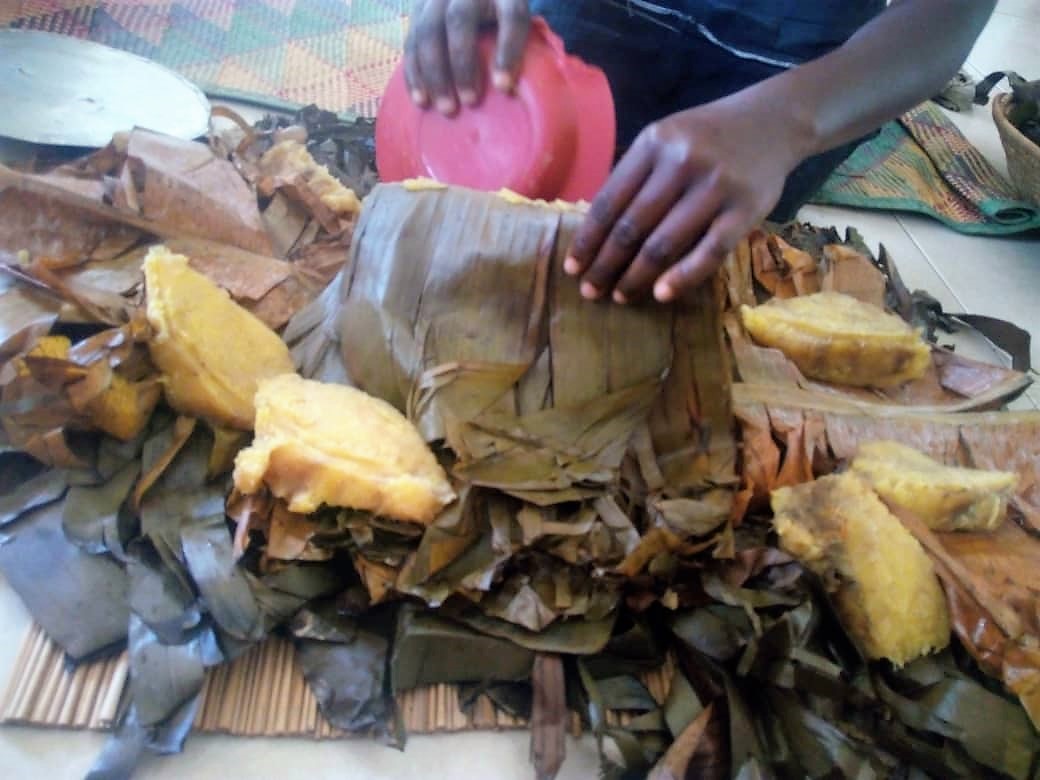CEHURD has today 4th February 2019 joined the rest of the World to Commemorate World cancer day for the year 2019. As an institution devoted to advancing the right health, we call upon all stake holders to join hands as we make healthy lifestyle choices and avoid using tobacco and related products and educate ourselves and others to support the Tobacco Control cause through complying with the public health/tobacco control laws in place.
Background:
Each year on the 4th of February different people, organizations and Ministries come together to commemorate the World Cancer Day and support, raise a collective voice, take personal action, raise awareness on cancer, and urge their governments to do more in curbing cancer and related diseases. The theme for this year is “I am and I will, your story and your commitment”. The Center for Health Human Rights and Development (CEHURD) joins the rest of the World to commemorate this day, highlighting our story and commitment in using the law to curb Cancer and related illnesses. For this year, we specifically want to highlight the harm caused by tobacco as a major cause of cancer and how the use of legal tools is key in curbing this public health crisis.
Facts about Tobacco and Cancer:
Tobacco use remains a significant public health challenge, danger and burden in Uganda and a leading cause of Cancer and Non communicable diseases. The 2011 World Health Organization (WHO) Global status report on NCD’s states that exposure to tobacco smoke remains one of the four main behavioral risk factors that contribute to NCD’s. It’s important to note that Tobacco alone accounts for 6 million deaths each year and this toll comes up to 13,000 people losing their lives daily from tobacco related illnesses and diseases. These are preventable deaths we all can commit to end if only we raise awareness on tobacco control and adhere to public health policies.
Dr Noleb Mugisha, the Principal Medical Officer and Head of Comprehensive Community Cancer Program at the Uganda Cancer Institute notes that there are various diseases related to tobacco use and these have been scientifically proven like Cancer, Cardiovascular diseases, Respiratory disease, Reproductive complications, Postoperative complications, Diabetes and others.
The 2004 Surgeon General’s Report shows that Tobacco use is a major risk factor for the development of many forms of cancer and evidence is sufficient to infer a causal relationship between smoking and cancers of the lung, larynx, esophagus, pancreas, bladder, kidney, cervix and stomach. Results from the 2011 Global Youth Tobacco Survey indicate that 19.3% of young men and 15.8% of young women use tobacco. Raising awareness and education on Tobacco control in order to take action against Cancer is therefore key.
Strategies for curbing this public health crisis:
We need to create public awareness on tobacco control, adhere to and comply with the public health and tobacco control laws, and help reduce the morbidity and mortality of cancers caused by tobacco smoke through monitoring tobacco use and prevention policies, protecting people from tobacco smoke, offering help to those who want to quit smoking, warning people about the dangers of tobacco and promoting a smoke free environment.
Uganda ratified the World Health Organization Framework Convention on Tobacco Control (WHO FCTC) in 2007 developed in response to the globalization of the tobacco epidemic. In a bid to curb the tobacco epidemic, Uganda also enacted and passed the Tobacco Control Act 2015 aimed at controlling the demand and supply for production and consumption of tobacco products to the people. It also aims at promoting the health of persons and reducing tobacco related illnesses and deaths.
The Constitution under Article 39 guarantees the citizens right to a clean and healthy environment. It is therefore important to protect the environment from the effects of tobacco consumption and exposure to tobacco smoke.
The Public Health Act Cap 281 mandates every local authority to take all lawful, necessary, and reasonably practicable measures for preventing the occurrence of any outbreak or prevalence of infectious, communicable or preventable diseases to safeguard and promote the public health of individuals.
The Penal Code Act Cap 120 under Section 228 (f) makes it an offence for a person to dispense, supply, sell or give away any poisonous/dangerous matter in a manner so rash and negligent. The Tobacco Control Regulations will also soon be finalized and passed by Ministry of Health.
Conclusion:
As such, let us all join hands to make healthy lifestyle choices and avoid using tobacco and related products and educate ourselves and others to support the Tobacco Control cause through complying with the public health/tobacco control laws in place.
LET US JOIN HANDS AND KICK CANCER OUT OF UGANDA!!!.




